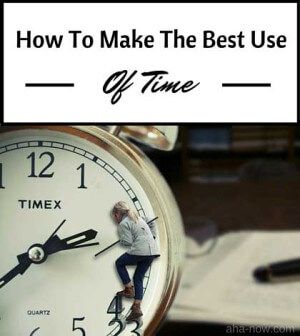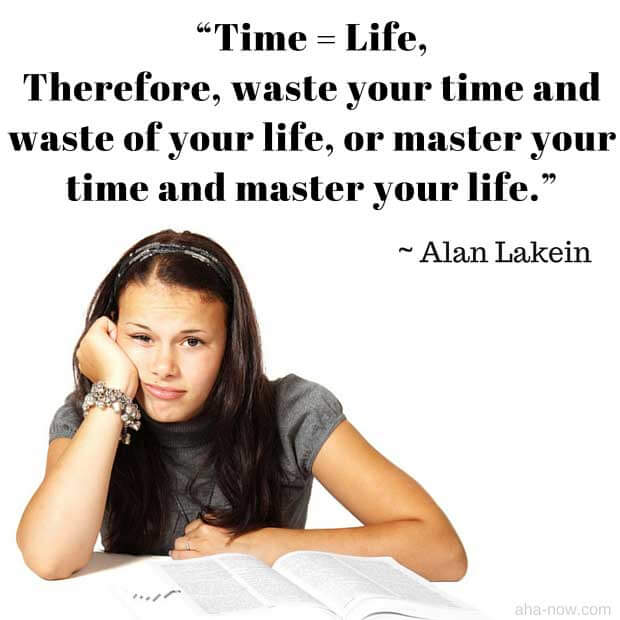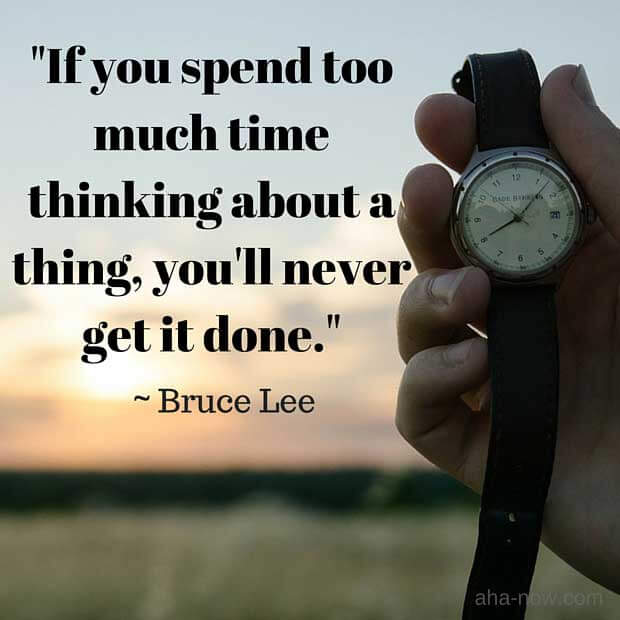By Tony Robins
When you think of your life, do you think about what’s missing? Or do you think about what you have?
When you think of your life, do you think about what’s missing? Or do you think about what you have?
If you always think about what you don’t have, you will tend to hold on to everything that you do have, because you feel that you have so little and thus not much to give. But listen to Tony as he explains how giving in times of extreme discomfort, when you feel “lack” and not abundance, can be the most valuable.






























